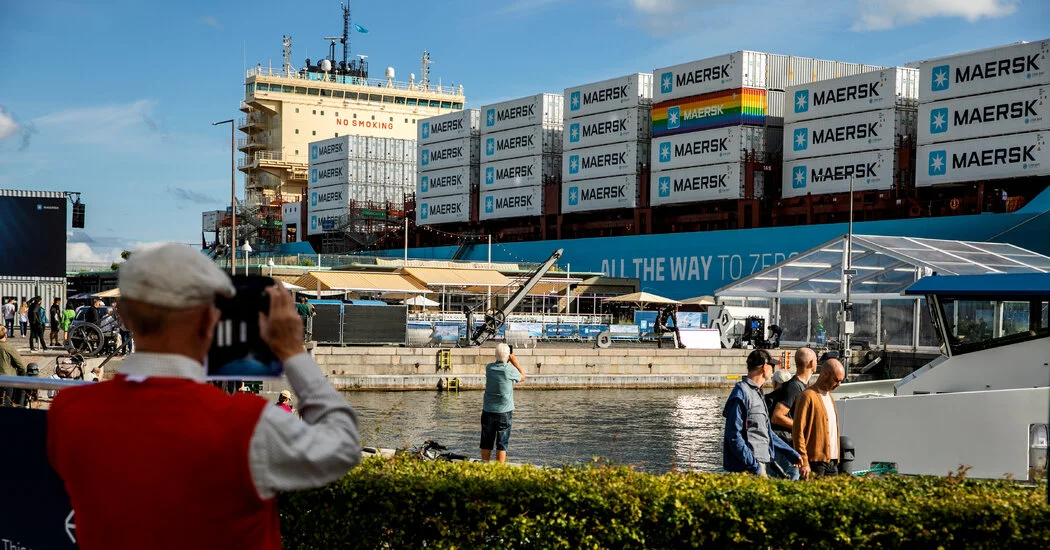Perhaps partially. But growing and producing more stuff locally would be better. And perhaps learning to go without stuff out of season might be good both for us and for the planet.
This is the more accurate answer. I studied the global costs of shipping over a decade ago, long before climate change was as dire as it currently is, and it’s alarming how much stuff travels further than necessary.
Bandaids for all the symptoms, as long as we can just keep on consuming.
As per this article:
Cargo shipping is responsible for nearly 3 percent of global greenhouse gas emissions
With the amount of cargo moved per ship, sending a product around the globe generates only a fraction of the CO2 in the product lifecycle compared to final truck transport inland. Which again is less than the final car transport to pick up the product at a store and bring it home.
So even producing locally, would still have the same major CO2 factors: Inland truck and car.
Global shipping isn’t too bad and the companies want to make their ships more efficient anyway. Fuel is a major cost factor for shipping lines, so to please investors and fill their own pockets, reducing fuel and thereby CO2 is already a necessity. Ships get more advanced hulls, larger cargo holds, more efficient engines with each new generation. It’s on a good path on its own.
On a side note, I’m not a fan of calling technology or energy ‘clean’ or ‘green’. We’ve already seen discussions about clean goal or here we have green methanol. There is just no definition or norm to it, besides being a colour of certain wavelength. No energy form at all is green or clean, but they can be low-CO2 or renewable.
Companies use clean and green to intentionally confuse the public. It is intentionally misleading when it isn’t a bold faced lie.
The discussion around ‘green methanol’ has been about using solar and wind to power direct air capture of CO2 and synthesis of a liquid hydrocarbon for use as fuel. It’s currently quite expensive - around $45/gallon
I could see it coming down to around 1/3 of that cost if it was scaled up. Which would probably be cheap enough to allow some use of it for intercontinental shipping.
Interestingly there was a huge spike in atmospheric global temperatures during the pandemic. It sustained because high sulfur fuels were outlawed at the same time. The smog from ships was creating a reflective shading effect that was artificially cooling the planet.



